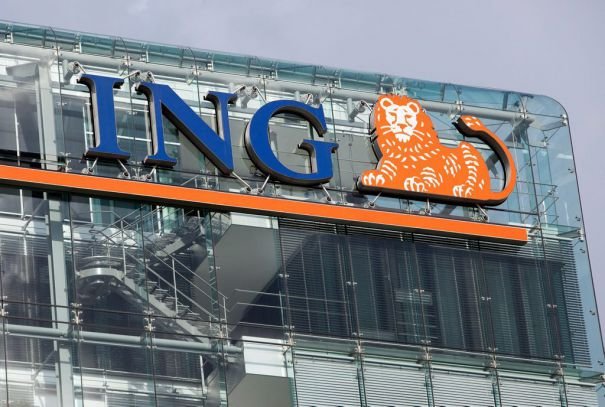Over the weekend, ING Bank ran a drill on its main data center in Bucharest in order to ascertain their inert gas fire suppression systems.

Inert gas is used in data centers for fire extinguishing due to great advantages:
- no chemical damage to electronics
- the gas only slightly decreases the temperature within the data center.
More on Inert gas on wikipedia.
When the test began, the inert gas extinguishers started but since that gas is stored in cylinders and released at high pressure the actual sound of the gas being released (through tiny nozzles) created vibrations big enough that damaged the actual hard drives, leaving customers in the dark between 1PM and 11PM local time (EEST) on Saturday, Sept 10th.
“All the services connected to the data storage system, including card transactions, ATM operations, internet banking, communication systems, and the ing.ro website were affected. As a consequence, a large part of the transactions couldn’t be processed and the communication with clients was delayed,” ING representatives said
A backup system booted in place but it was not enough to sustain the operations.
How loud was the sound? Nobody knows.
What they know is that it was louder than the measurement equipment could monitor which was capped at 130dB.
130dB is as loud as a jackhammer a power drill or a little lower than an airplane taking off (140dB) so the hard drives could have experienced a little jet engine music.
Here's a nifty video that shows what vibration can do to hard drives (it's fun to watch too):
Some homework for any bank/company that uses inert gas Siemens - Silent Extinguishing
ING Bank is refunding all clients that had to use other banks to withdraw their money due to their own's unavailability, which is nice at least.
Would the same blackout have happened if the bank was running blockchain technology? Nope :)
or SSDs
PS. Dear witnesses, please don't keep the steem nodes in close proximity to your boomboxes :)